How bees, cows and goats help change lives
Your latest update from ActionAid UK
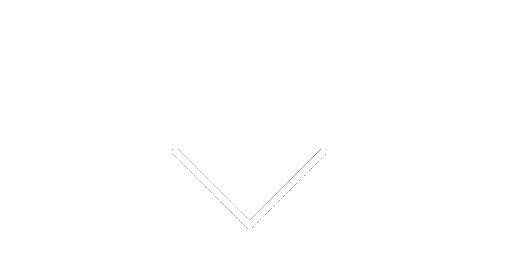
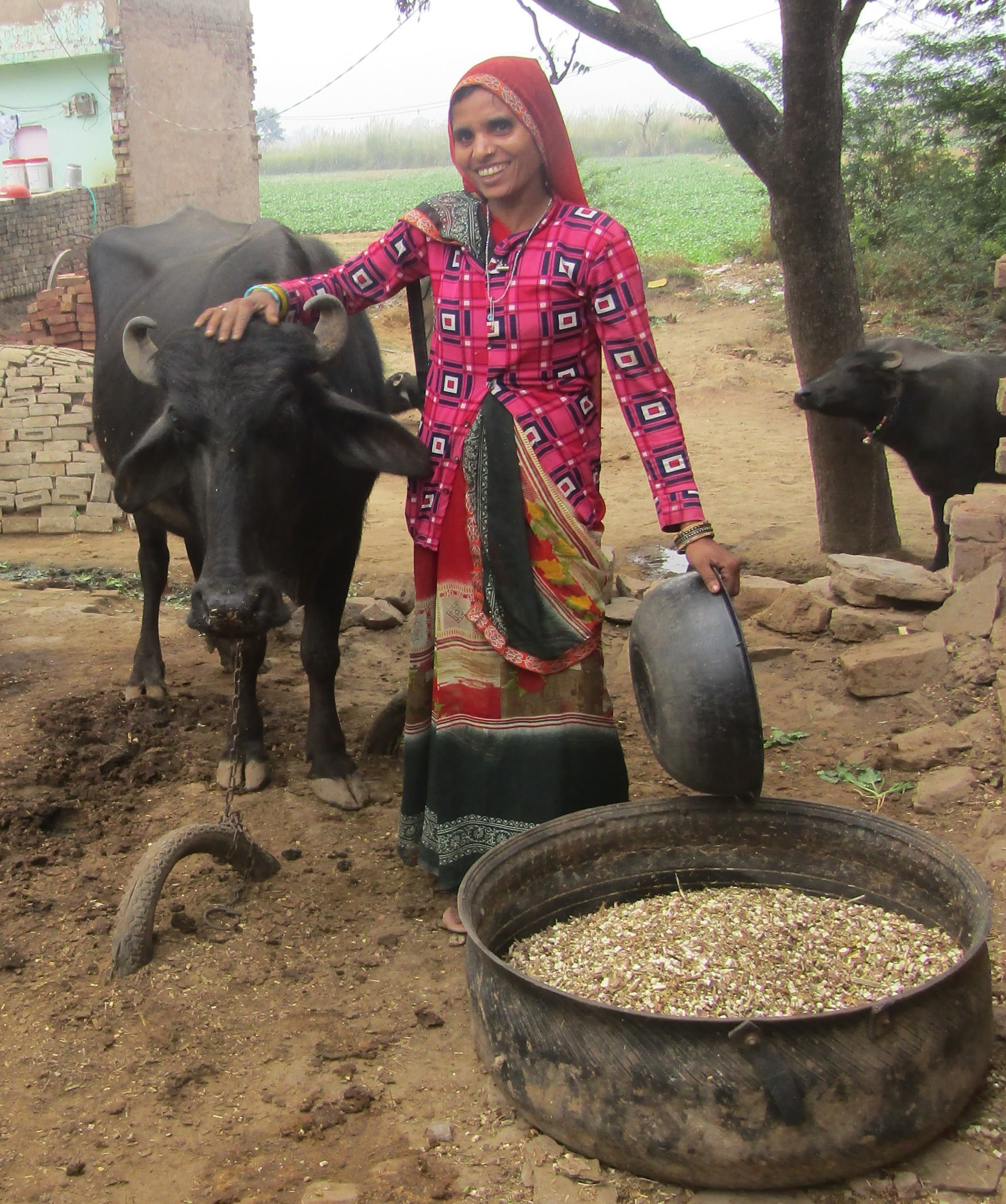
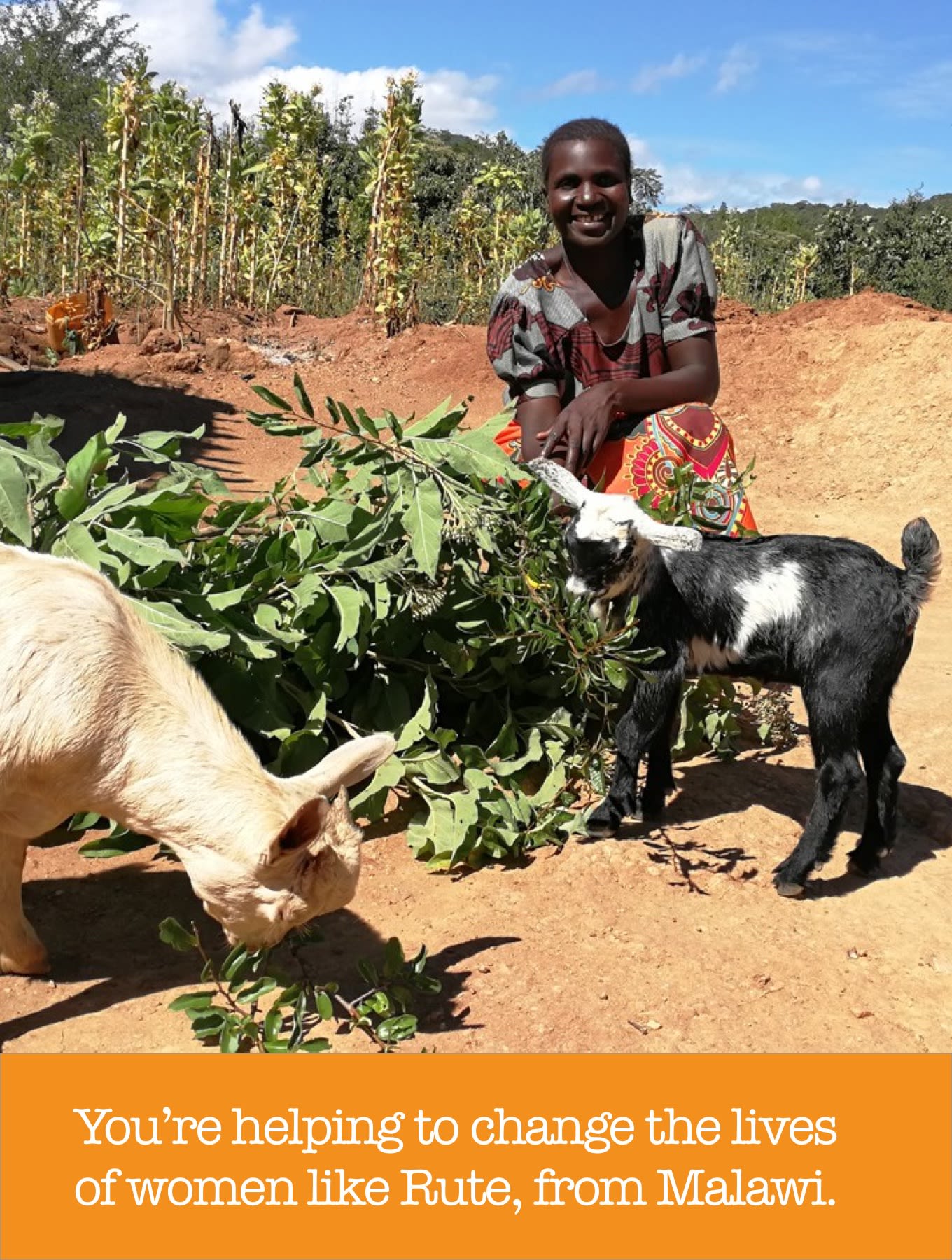

The difference your donations make
Women and girls are disproportionately affected by hunger. But due to the social and economic roles they play within communities, women and girls are also crucial in the fight against food insecurity.
That’s why we work with women living in poverty to support them to build sustainable, climate-resilient livelihoods, providing access to food and creating an income source to support their families into the future.
We hope you enjoy reading these amazing stories, which have been made possible thanks to the skills, commitment and determination of the inspirational women we work in partnership with.
Thank you for standing with these incredible women, who are transforming their own, their families’ and their communities’ futures.
In Ethiopia
You're helping women to earn an income
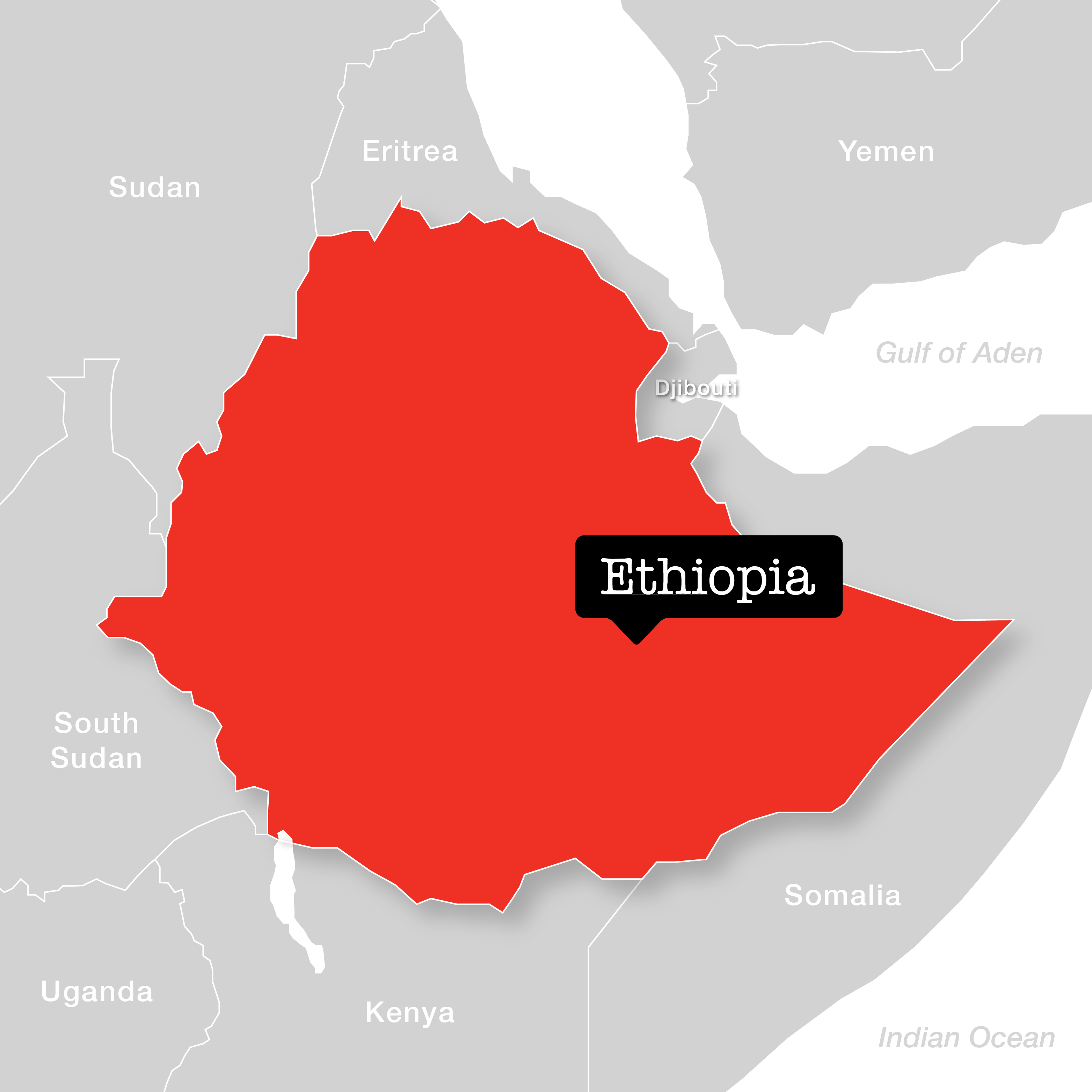
Many women in Farta, Ethiopia struggle to make ends meet; women are often denied access to the training, funding and resources like land that they need to truly thrive.
This was the situation for Mulu, a single mum from Farta. She relied on farming to earn a living, but a lack of income meant her son, who is now 20 years old, had to leave school early.
"The worst season for me was the summer, as during this season my son would have to leave our home in search of a job. He used to work as a daily labourer, which was full of risk for his life," Mulu tells us.
Thanks to supporters like you, we are working in partnership with women to tackle the problems they face earning a living.
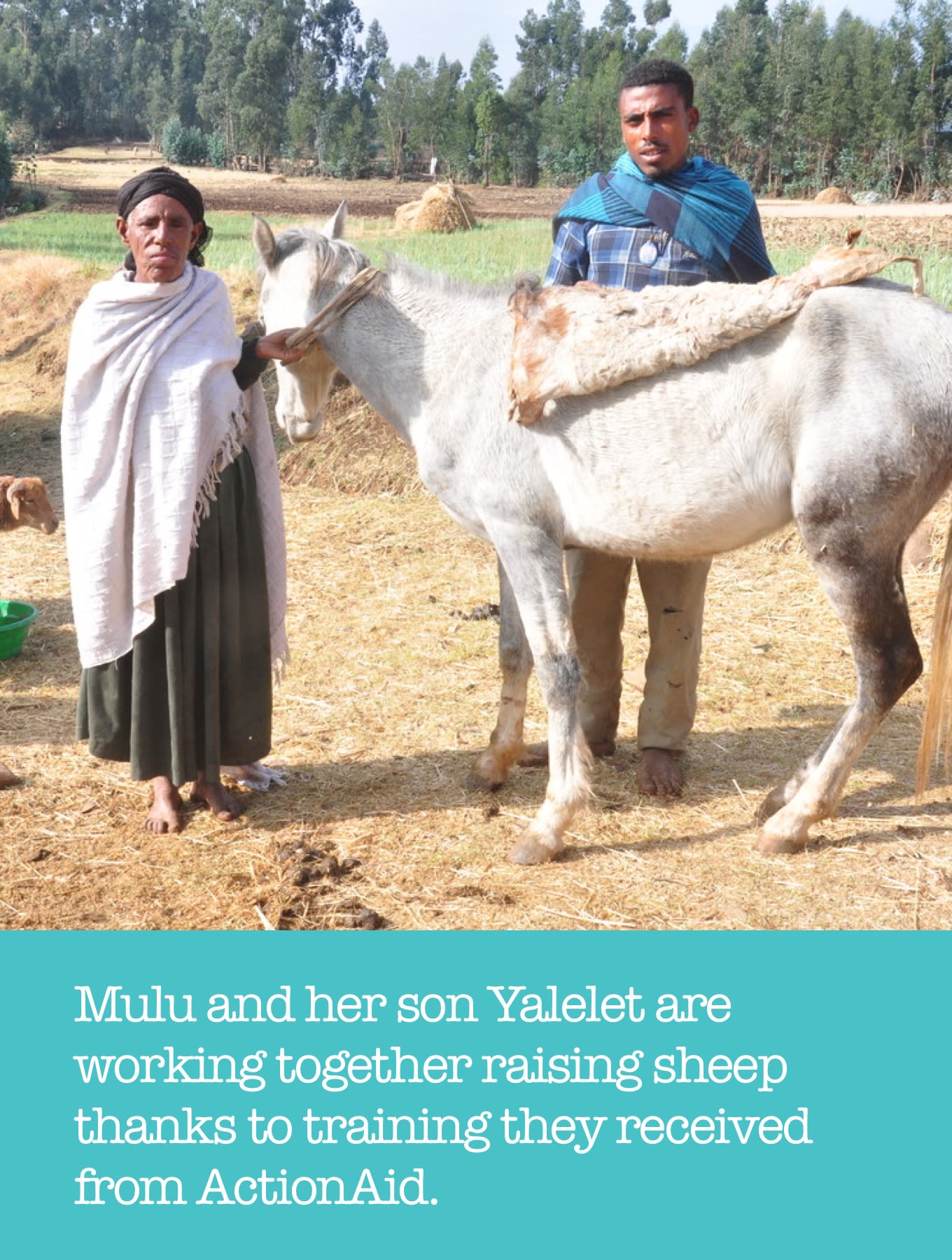
Mulu is among 30 women who have received training in sheep rearing. Following the training, each participant received sheep to help build their businesses. The women are now selling the offspring, generating a much-needed sustainable income.
"Learning how to rear sheep has brought me and my son closer, we work together and are generating a better income now," Mulu says.
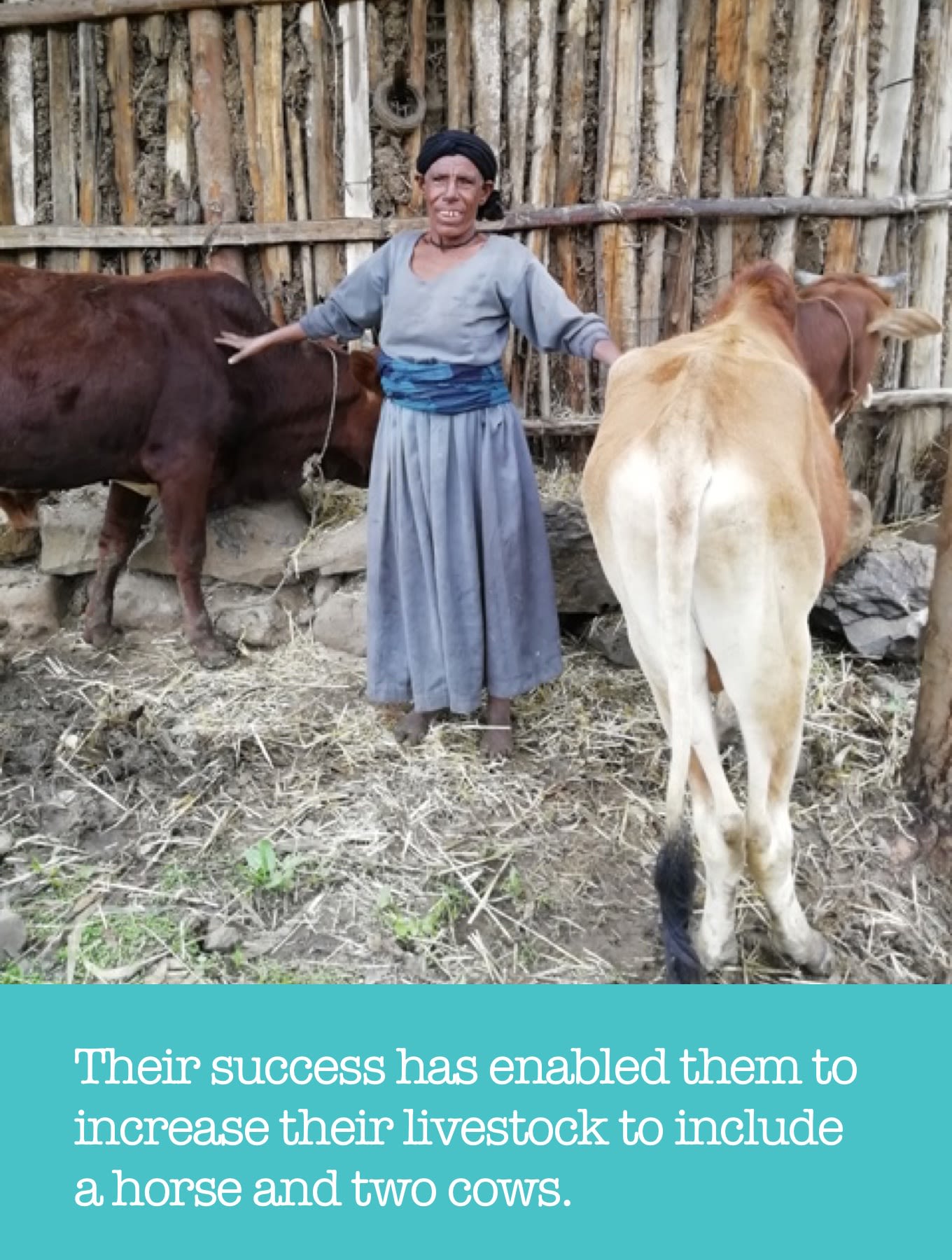
"For the first time in our lives, we have been able to make an investment in a horse to help us on our land and take our produce to the market.
"Thanks to this support, summer is different for our family. It means a lot to me to live such a better life in my older age."



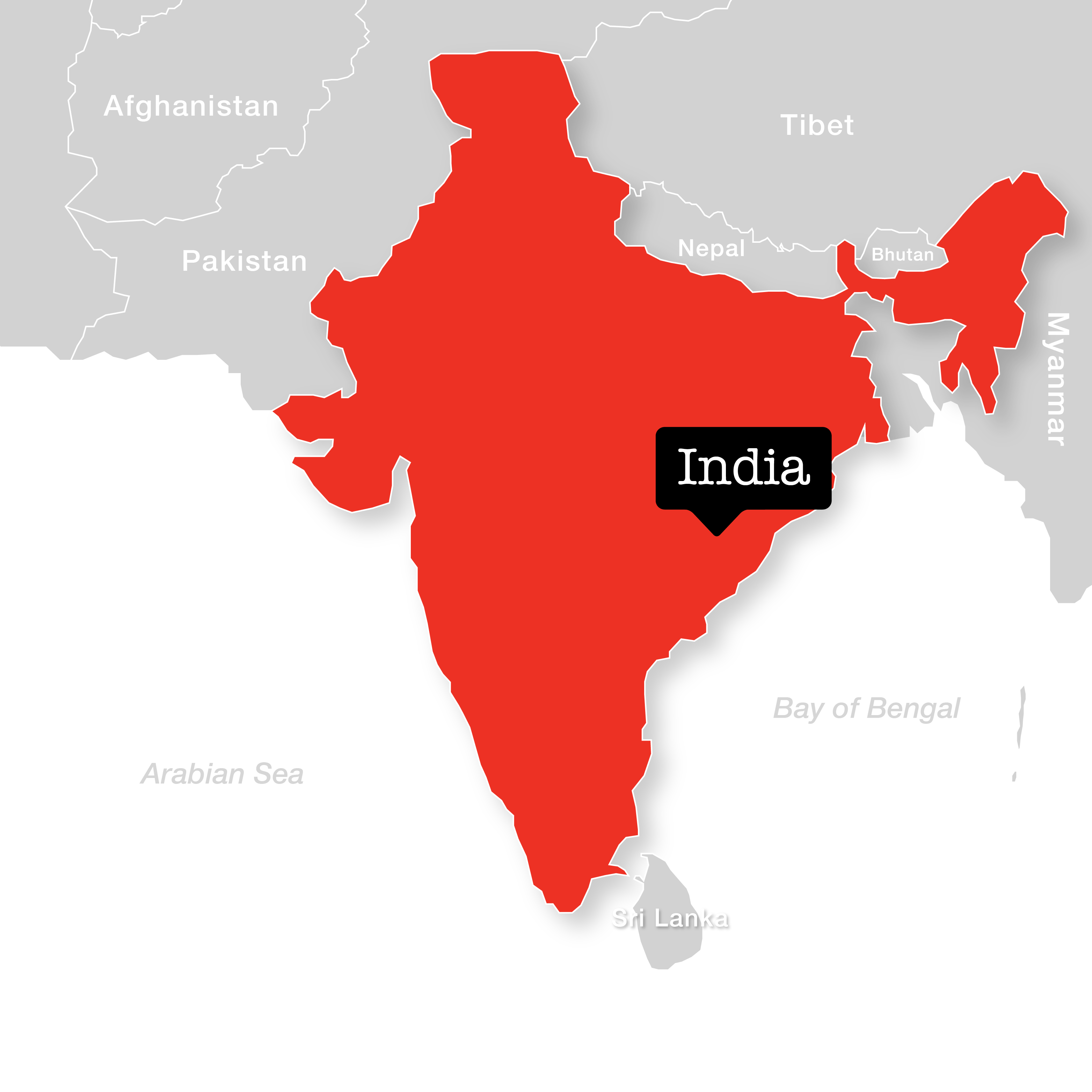
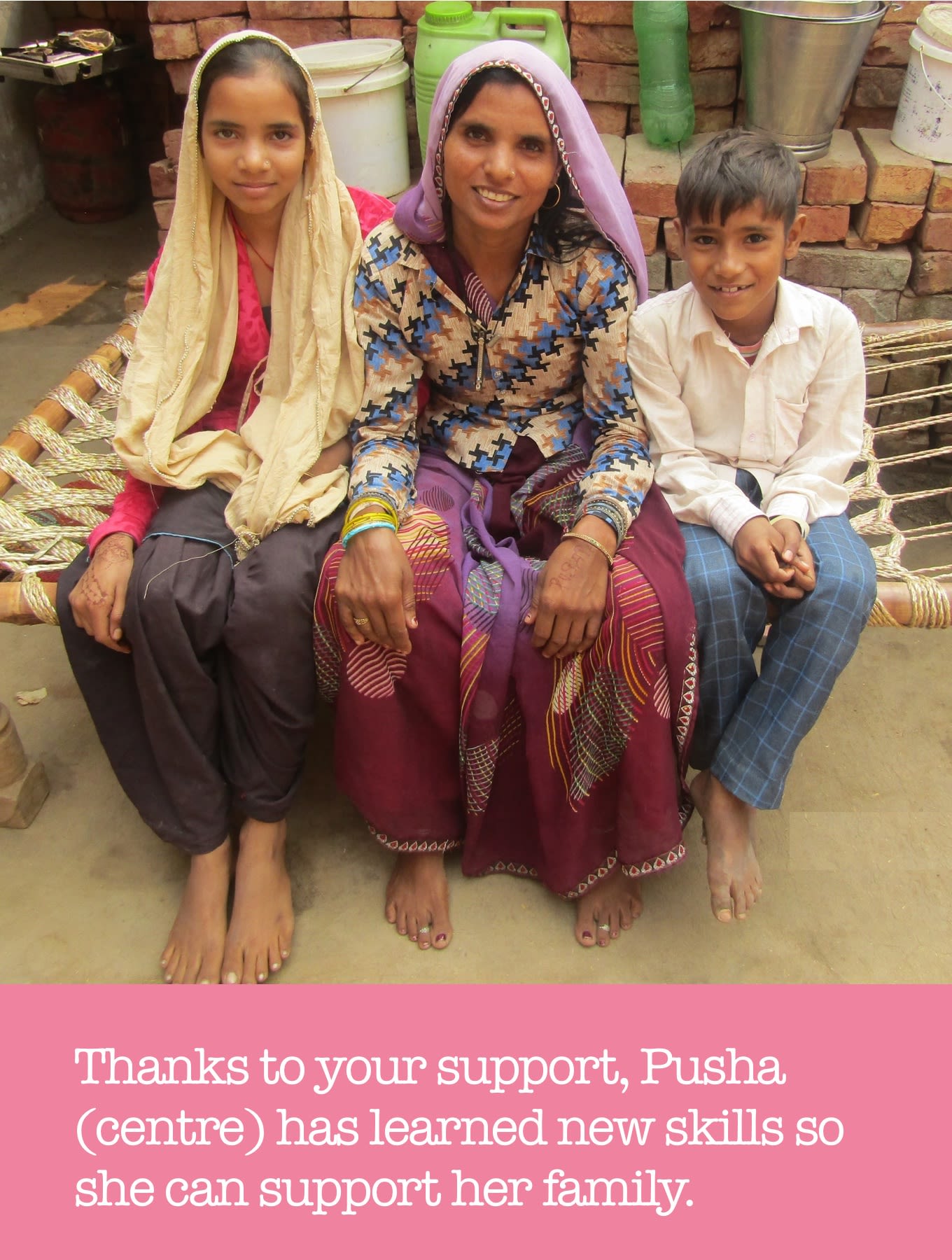
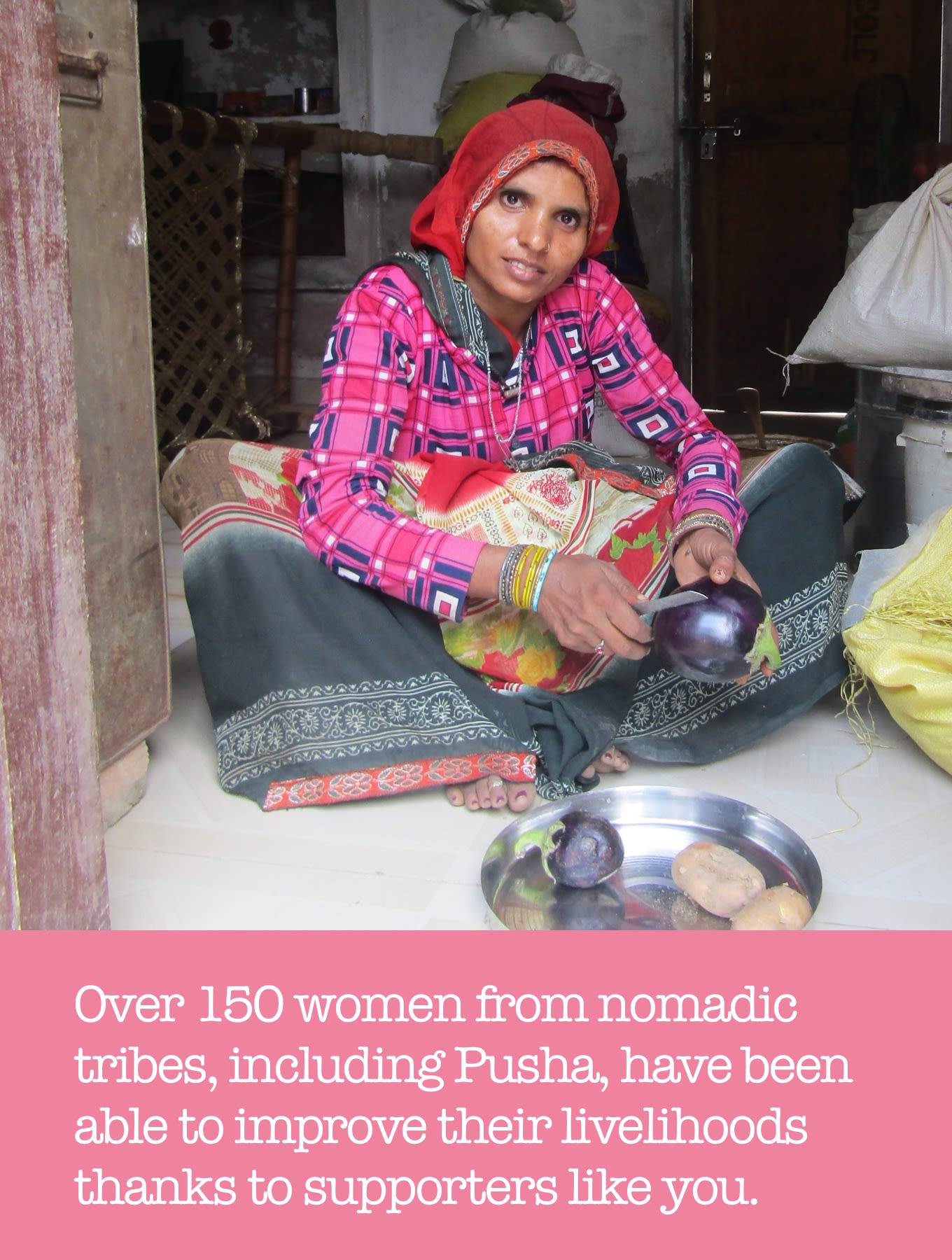
In India
Dairy co-operatives are transforming communities

"My husband was the breadwinner for our family, but when he died, I was overwhelmed with the responsibility of providing for my son Manash and my daughter Natika," 36-year-old Pusha, from India, tells us.
"To support my family, I began doing manual labour jobs, but my earnings were poor. I had to withdraw my children from school as I was unable to afford food each day, let alone their school materials.

My neighbour suggested I contact ActionAid as she’d heard that they work with women to help us help ourselves. This appealed to me as I didn’t want to rely on handouts, I wanted and needed something that would help long term.
"I learned that there was an ActionAid-supported women’s dairy cooperative in my community. I was encouraged to join their training programme where I learned how to keep the cows clean and healthy and safe from predators, as well as how best to store the milk to preserve it.
"They also helped me obtain financial assistance from the government to help nomadic families like mine secure their livelihood. With the money I received, I bought a buffalo.

"By selling the buffalo milk I have been able to cover my household expenses and provide a better life for my children.
"I am relieved to have found a sustainable source of income through dairy farming. I am at a loss for words to thank ActionAid for their constant support and motivation, as well as for guiding me in ensuring my livelihood.
"I was worried that my children had missed so much school, but ActionAid told us about their children’s clubs. The club offers extra lessons, so they have been able to catch up on what they’ve missed at school, and they’ve learnt a lot more too – painting, drawing and dancing.
"My children are now not only able to attend school on a regular basis, but they are also performing well academically. Their outlook on life changed significantly as a result of the new opportunities – thank you!"
In Kenya
You’re helping women find new opportunities
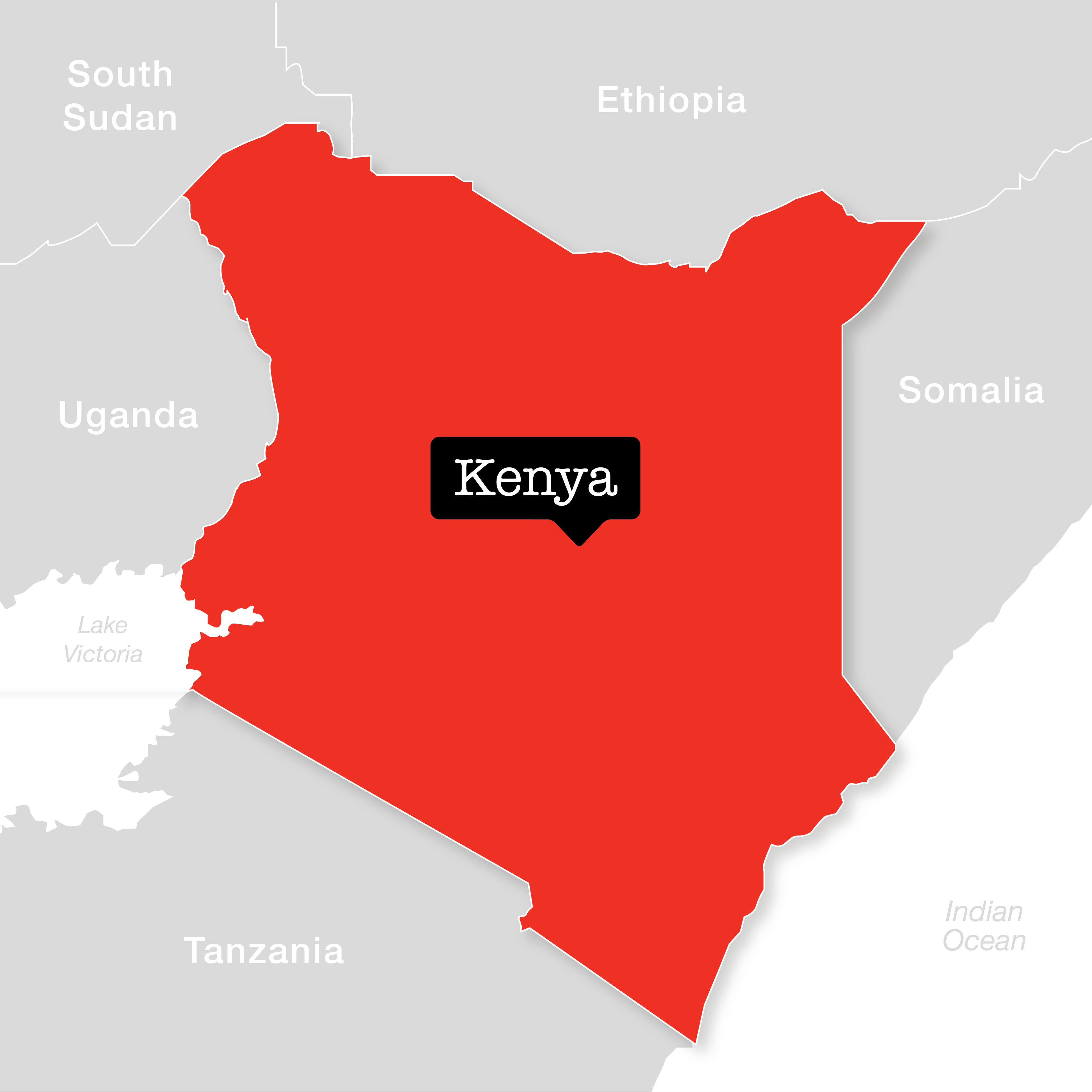
Elizabeth is a member of the Iloodokilani Women’s Group, which we established in her community thanks to supporters like you.
These groups provide women like Elizabeth with an opportunity to come together, discuss the issues they face and access training and support to resolve them, as she explains:
"Joining the women’s group opened my eyes to possibilities I never thought imaginable. I learned about my rights as a woman and that I can earn my own income.
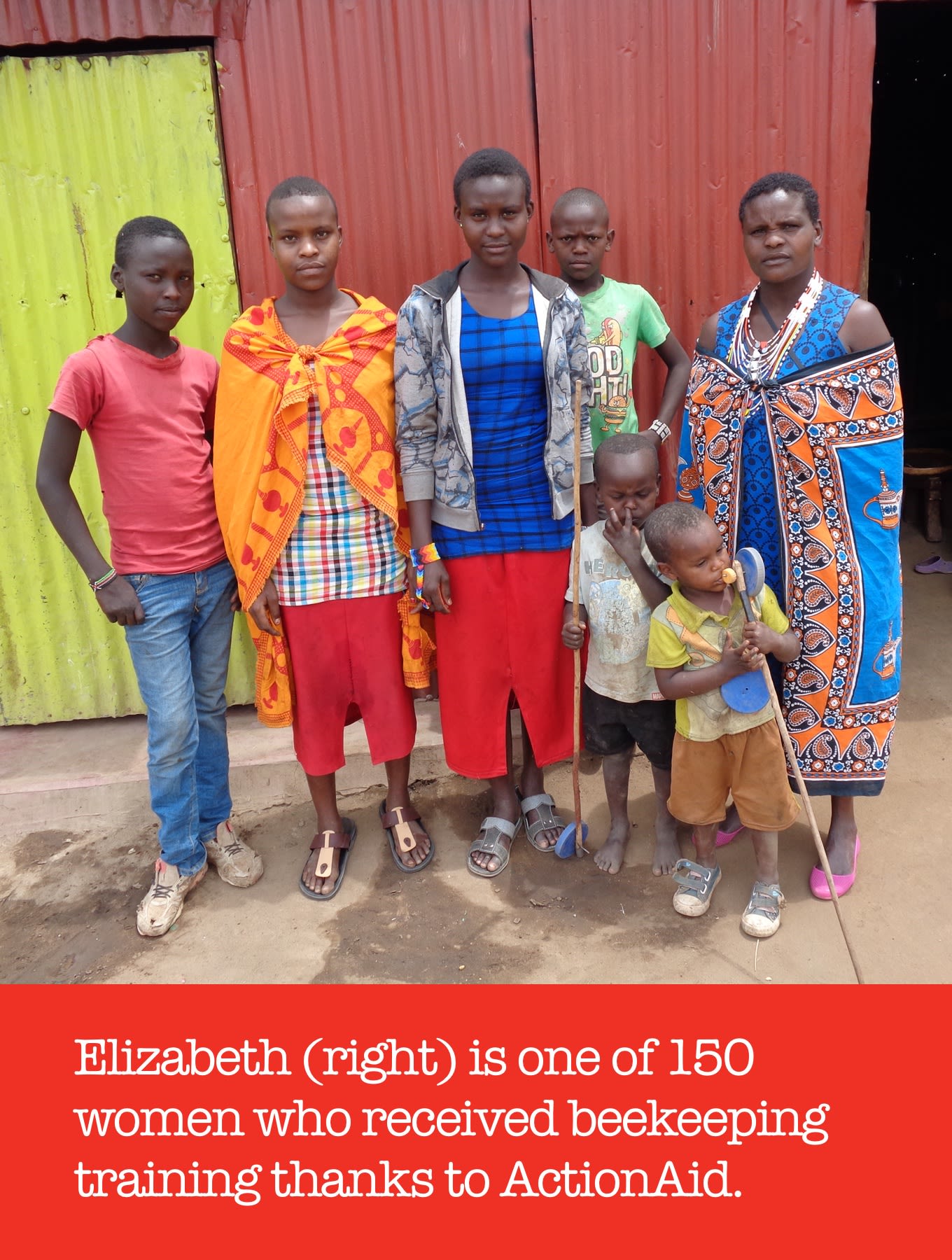
I was excited to join a visit to another ActionAid-supported women’s group in a different community, where we saw women reaping the benefits from keeping bees and the positive impact it had on their lives. We had never considered bees as a way to earn an income.
"We all excitedly attended the beekeeping training during which we learned how to care for them, harvest and process the honey.
"It was interesting to learn that bees are great pollinators and it made us realise that they are good for our habitat – we used to fear them and their stings.
"ActionAid provided us with 345 beehives, some of which are in a fenced area of land and others are on the land of families of the women. We each harvest at least 10kg of honey three times a year.
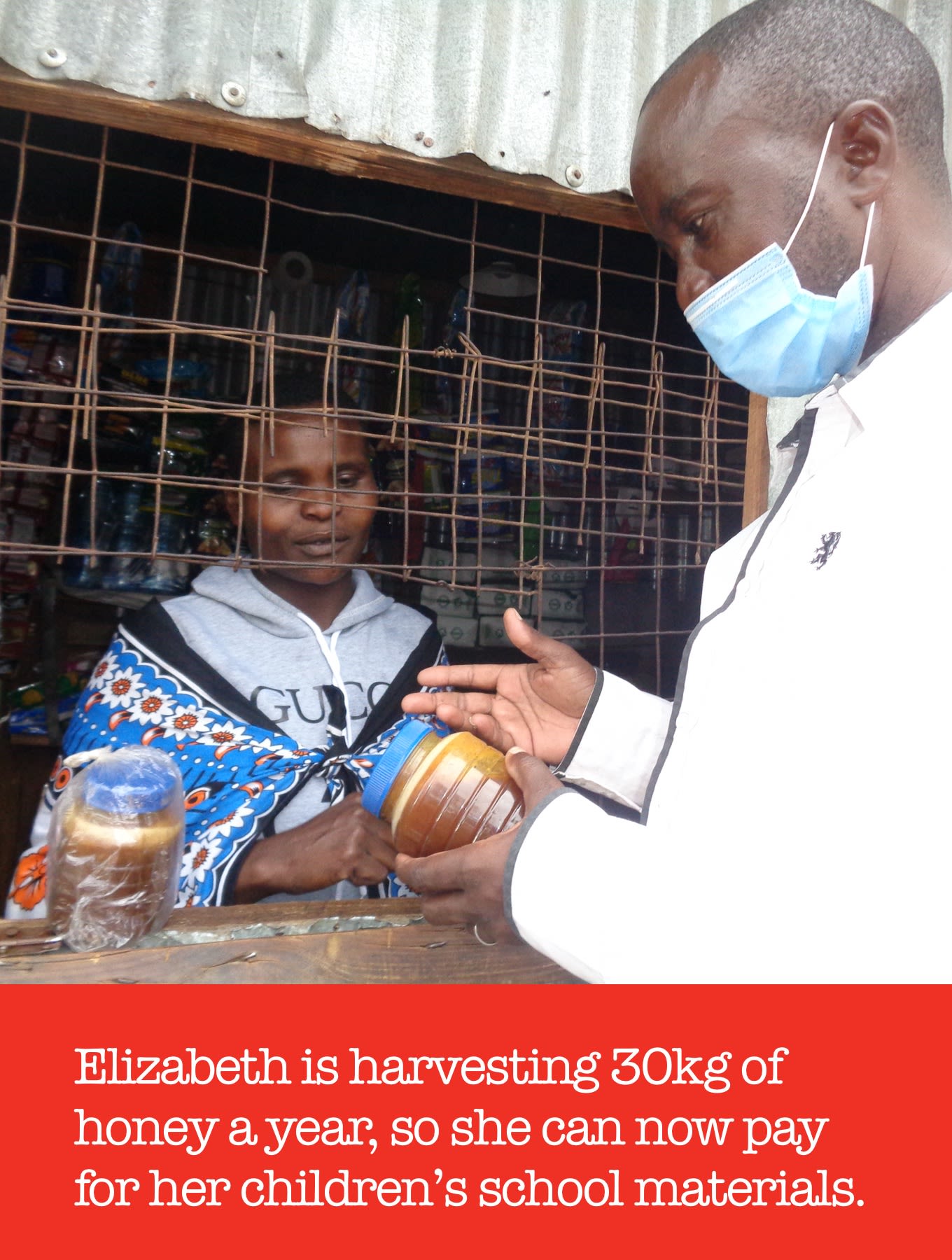
"We have proven that keeping bees provides women with the opportunity to become financially independent.
"Thanks to ActionAid, we have registered ourselves as a beekeeping cooperative comprising of 200 women from five different villages.
"ActionAid is now helping us to build a processing room for our cooperative which will help us streamline our production and market our products further afield.
"I left school with very little education, and I had no farming skills, I thought this would be my life forever. Now, I am in charge of my own income, which I use to clothe my children and pay for what they need for school – thank you!"



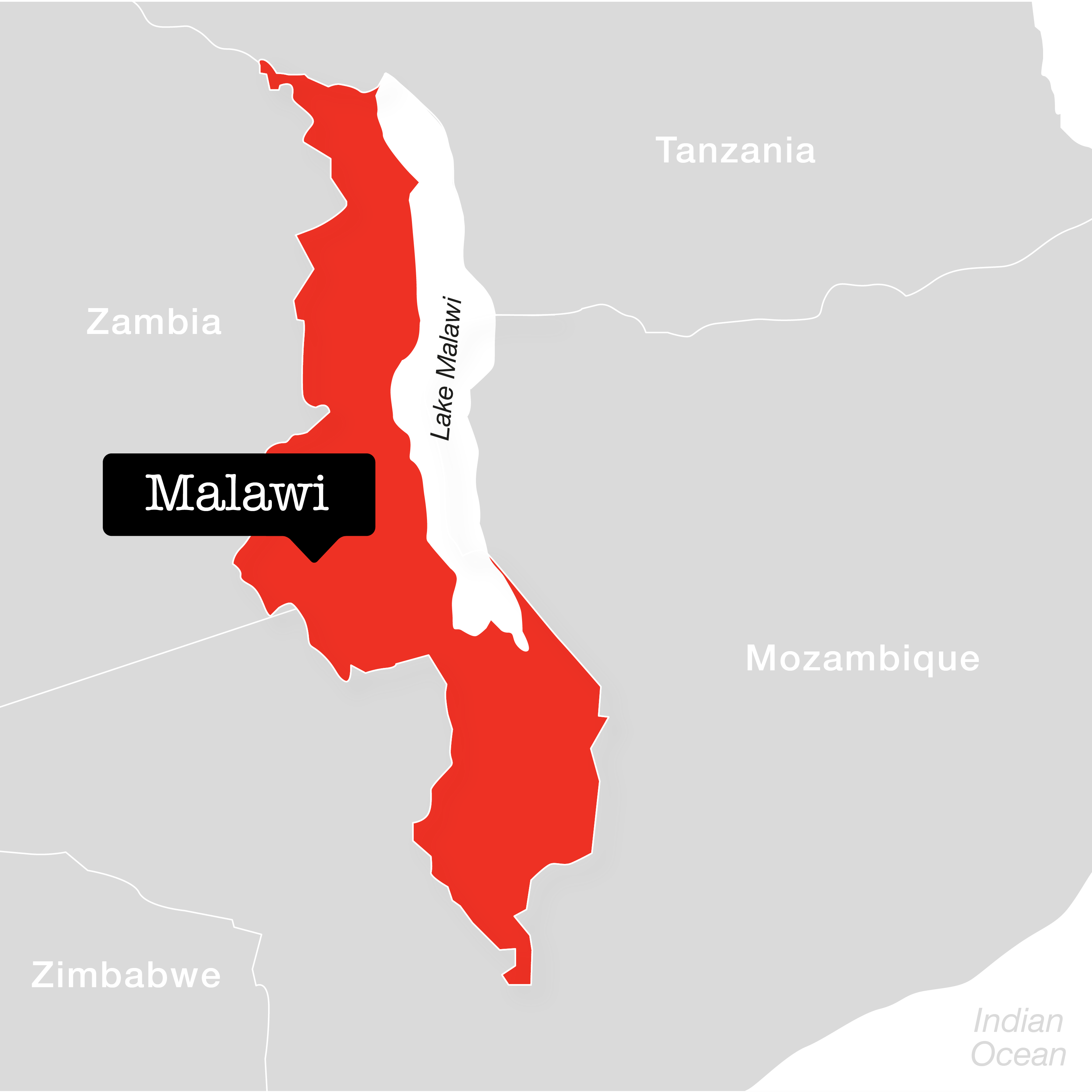
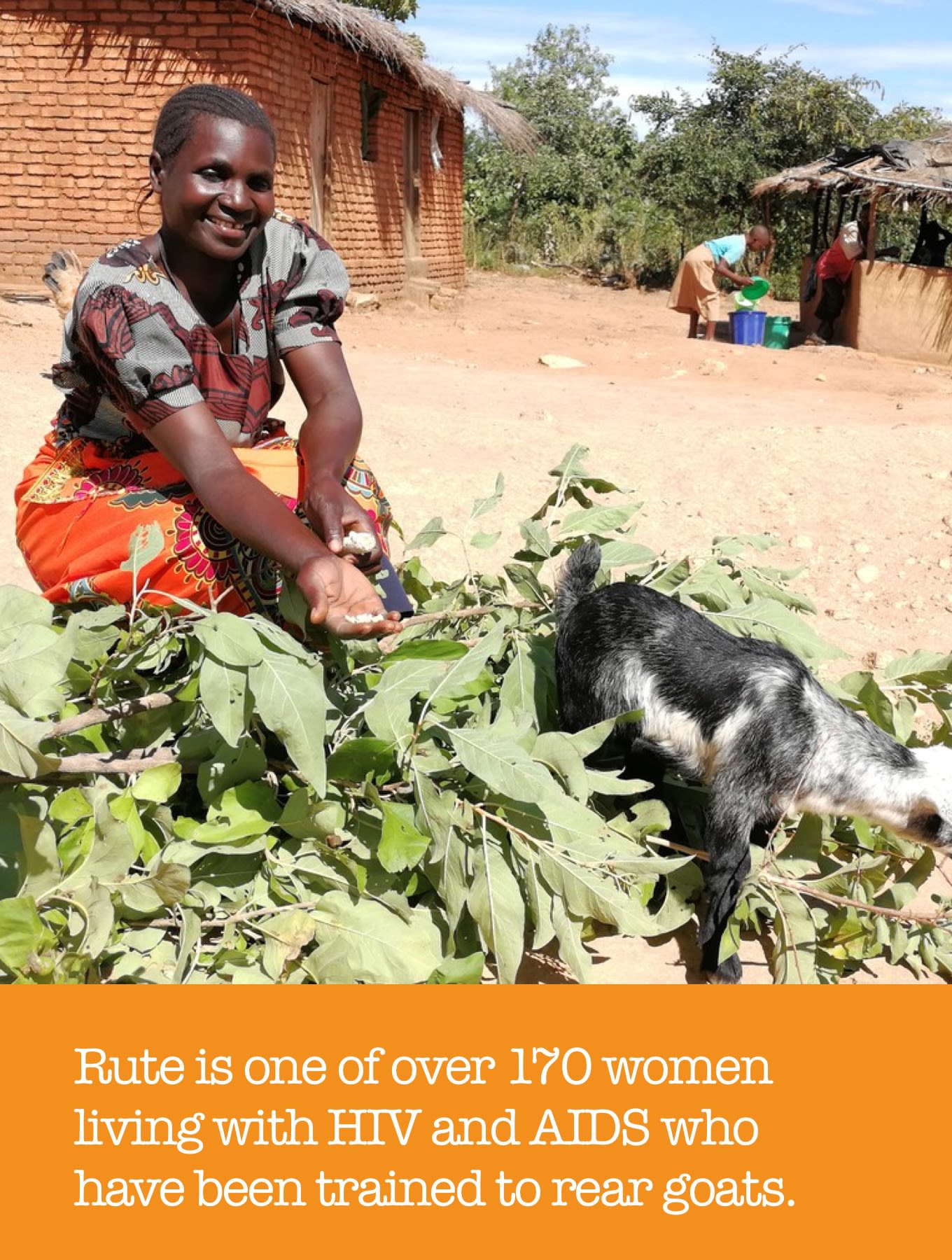
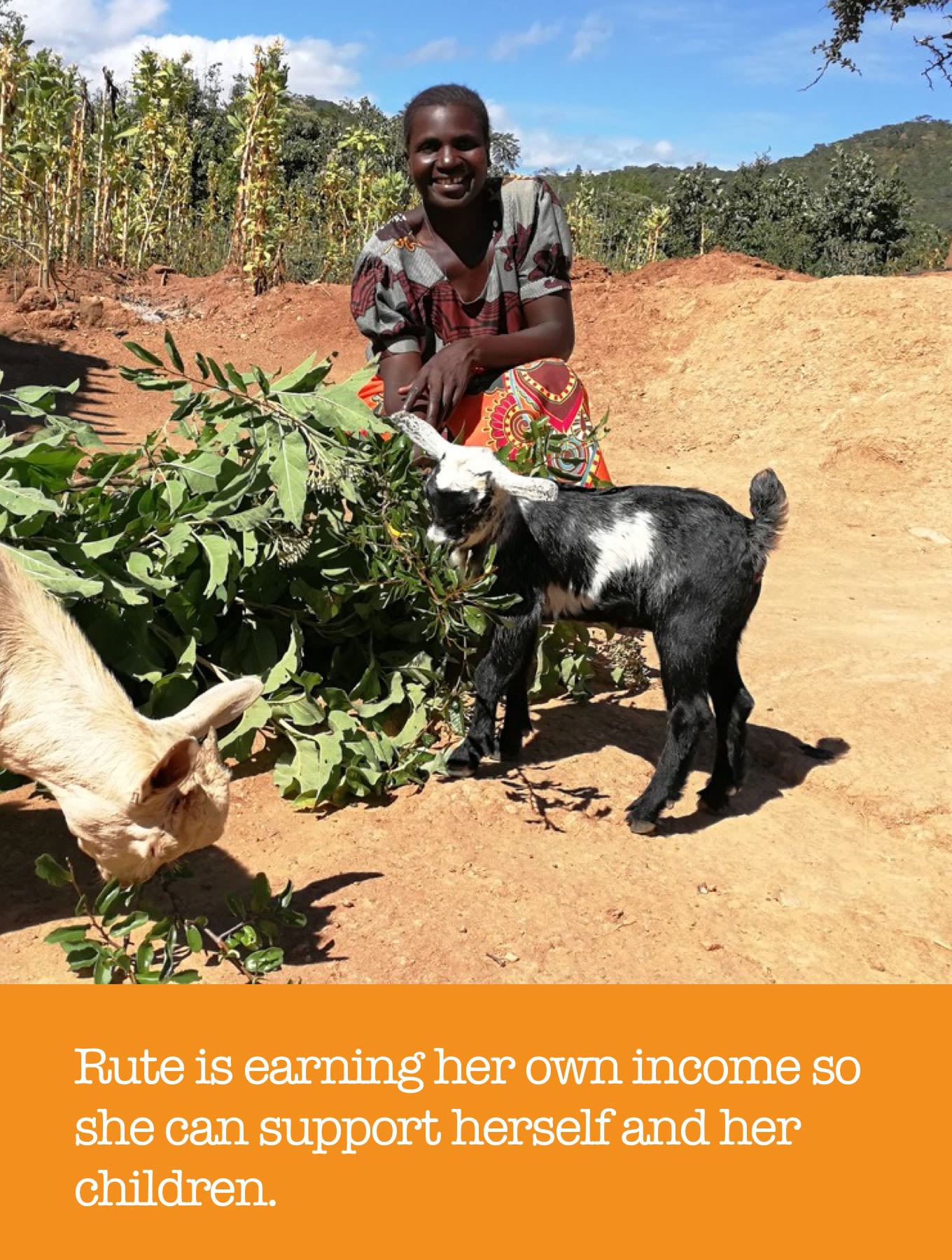
In Malawi
You're helping to protect the rights of women living with HIV and AIDS

Gender inequality is one of the biggest causes of poverty. It means that girls are less likely to stay in school or secure a job, receive the same pay as men or have access to land and loans when they grow up.
This inequality doesn’t just affect women and girls – it negatively impacts the whole community.
In Chitipa, Malawi, one group of women who face discrimination in all aspects of their lives are those living with HIV and AIDS.
Thanks to supporters like you, ActionAid is working with women living with HIV and AIDS in Chitipa through the Coalition of Women Living with HIV and AIDS (COWLHA), which we established in 2006.
Together, we work on issues like the availability of treatment, the importance of good nutrition, tackling stigma and discrimination, and one of our latest projects: improving livelihoods through goat rearing.

Because they are women, and because they are living with HIV and AIDS, women like mother-of-five Rute are often denied the resources and knowledge they need to earn their own income.
But thanks to supporters like you, Rute was one of the first women from COWLHA to be trained in goat rearing and she received goats for breeding as part of a ‘pass-on scheme.’
Rute explains how the scheme works and how it has changed her life: "Because of my HIV status, I have been excluded from government training schemes or taking bank loans to start my own business.
"I was unable to buy food and other necessities for my children.

But I’m happy to report that ActionAid organised the livestock training and goat pass-on scheme. That was the turning point to a better life.
"I received two goats, and when the first kid was born, I passed it on to another member of the group so she can also participate in the scheme.
"Today, I have 24 goats and I have benefited a lot from them. I use their manure in my maize and vegetable gardens. I am now harvesting more vegetables than ever before, which I sell at the local market.
"This has improved my economic status and means I can buy food for my family and pay school fees for all my children, the eldest of whom has just completed secondary school.
"My life is no longer defined by stigma and discrimination but by dignity and empowerment."
In Rwanda
You're helping to tackle food shortages and malnutrition
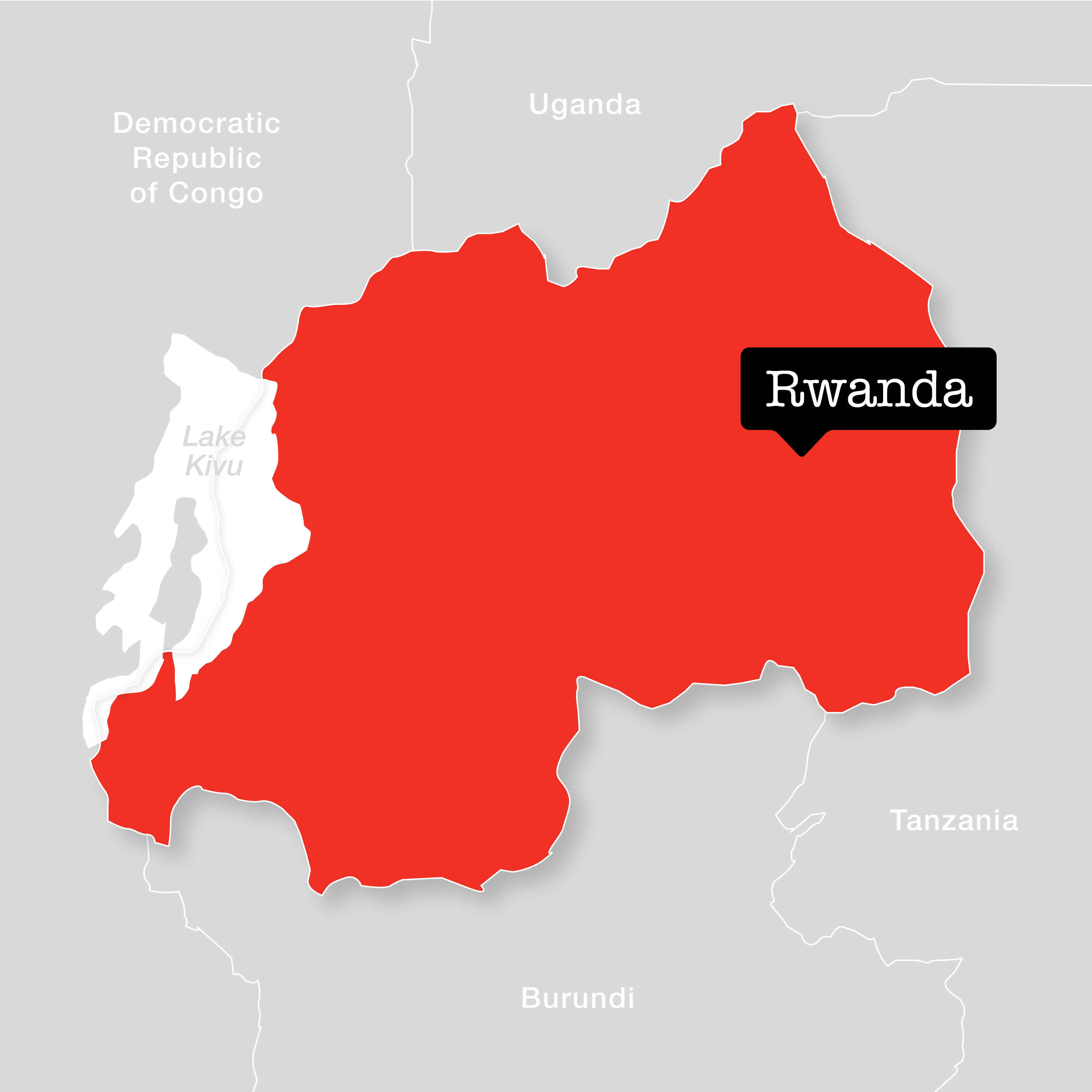
One of the main concerns for mothers like Rosaline, 35, is providing enough nutritious food for their children.
Most families in Shingiro, Rwanda rely on farming to provide their food and income, but with unreliable rainfall and poor soil fertility, harvests are usually insufficient - resulting in food shortages.
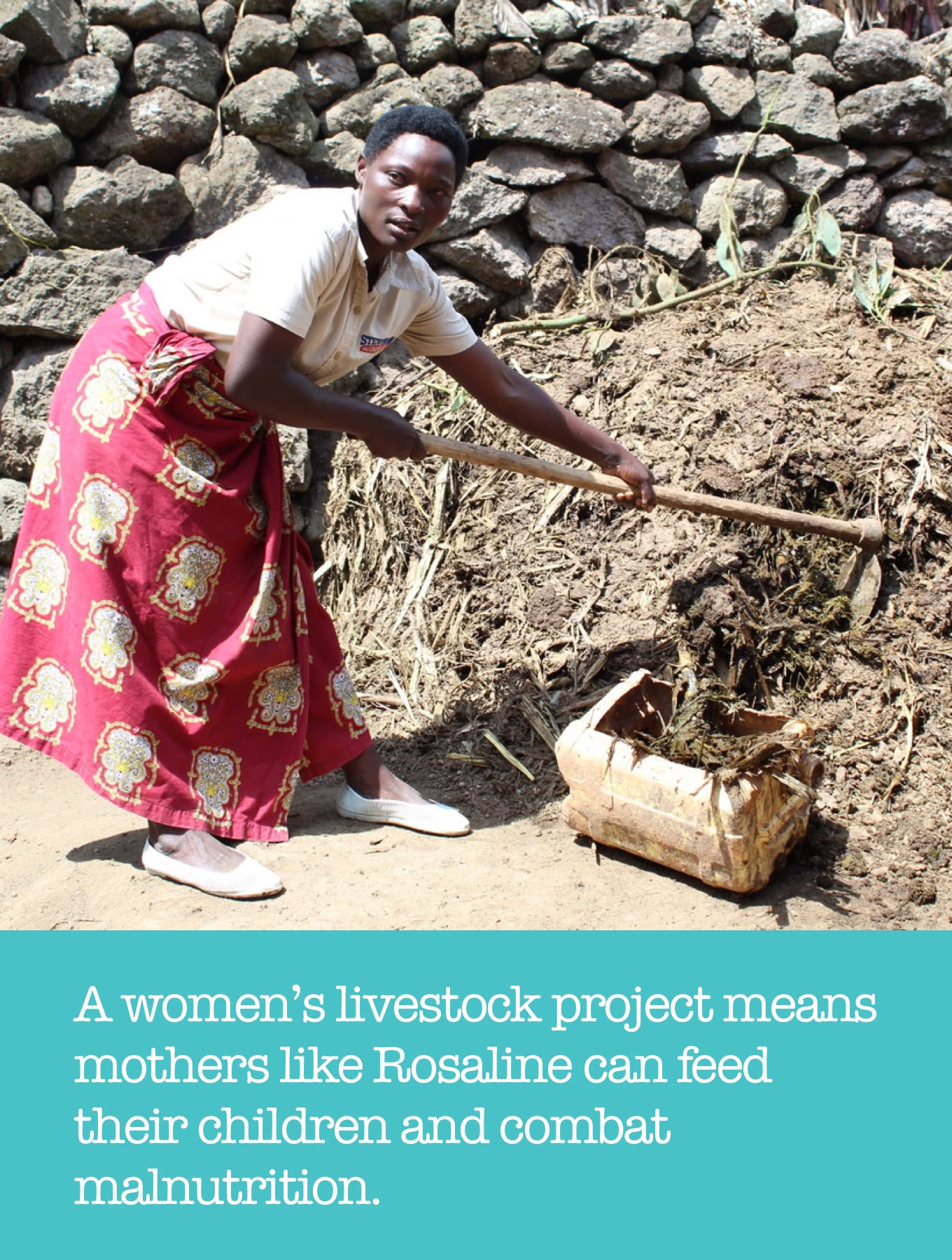
But thanks to supporters like you, we introduced a livestock scheme for women, initially benefiting 120 mothers like Rosaline.
The scheme works by providing a cow to each of the participating women; they then breed their cow and pass on the first offspring to another woman in her community, so more and more families can benefit.
In the meantime, they use the cow’s dung as natural manure for their crops – helping to increase their harvests.
The milk is also a source of nutrition for their children and an additional source of income. Any further offspring can be kept or sold to increase the family income further.
Thanks to this initiative, we are already seeing a significant decrease in malnutrition among children under five years of age.
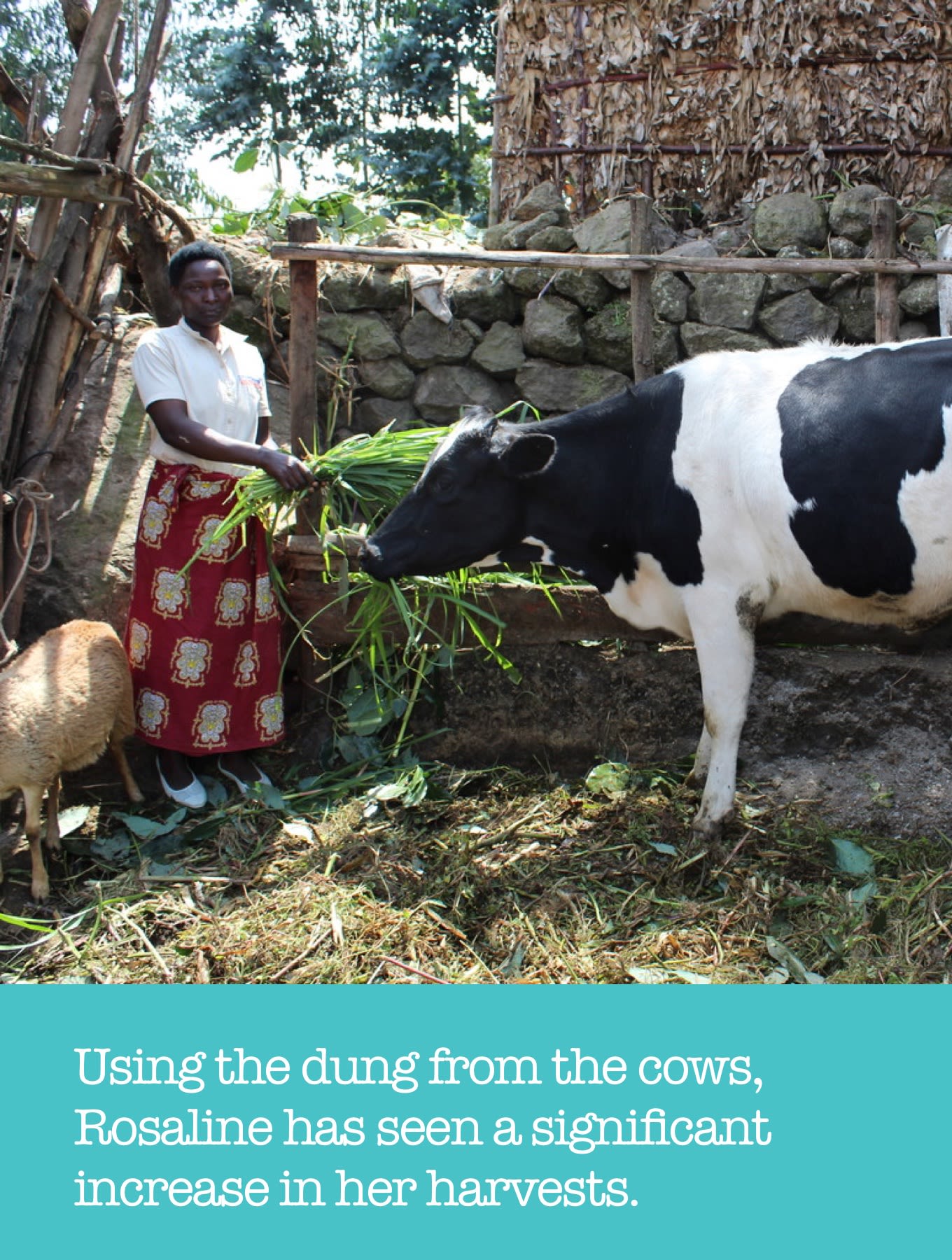
Rosaline, who has three daughters, told us the difference this project has made to her life: "Before, I couldn’t afford my children’s school materials or buy them clothes. There was barely enough to cover our daily expenses. But now, that has all changed.
My cow has had three calves. The first one I gave to a fellow woman and the other two I sold to buy a plot of land.
"With the additional land, and manure from the cow, I now get good harvests which provides enough food for all my family and an income to cover all our other needs. My cow also gives me milk to feed my children. All three of my daughters are healthy and no longer suffer from malnutrition."



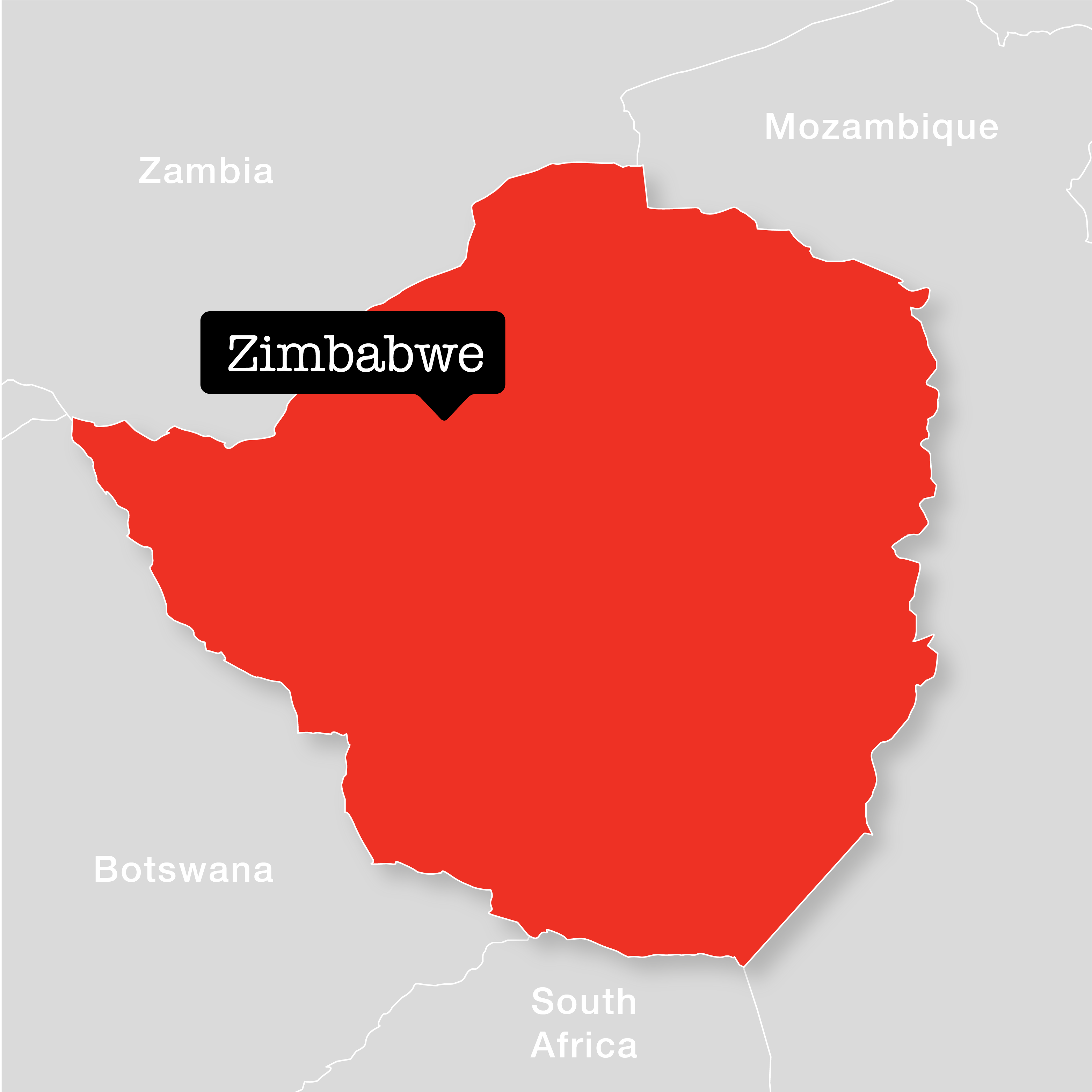
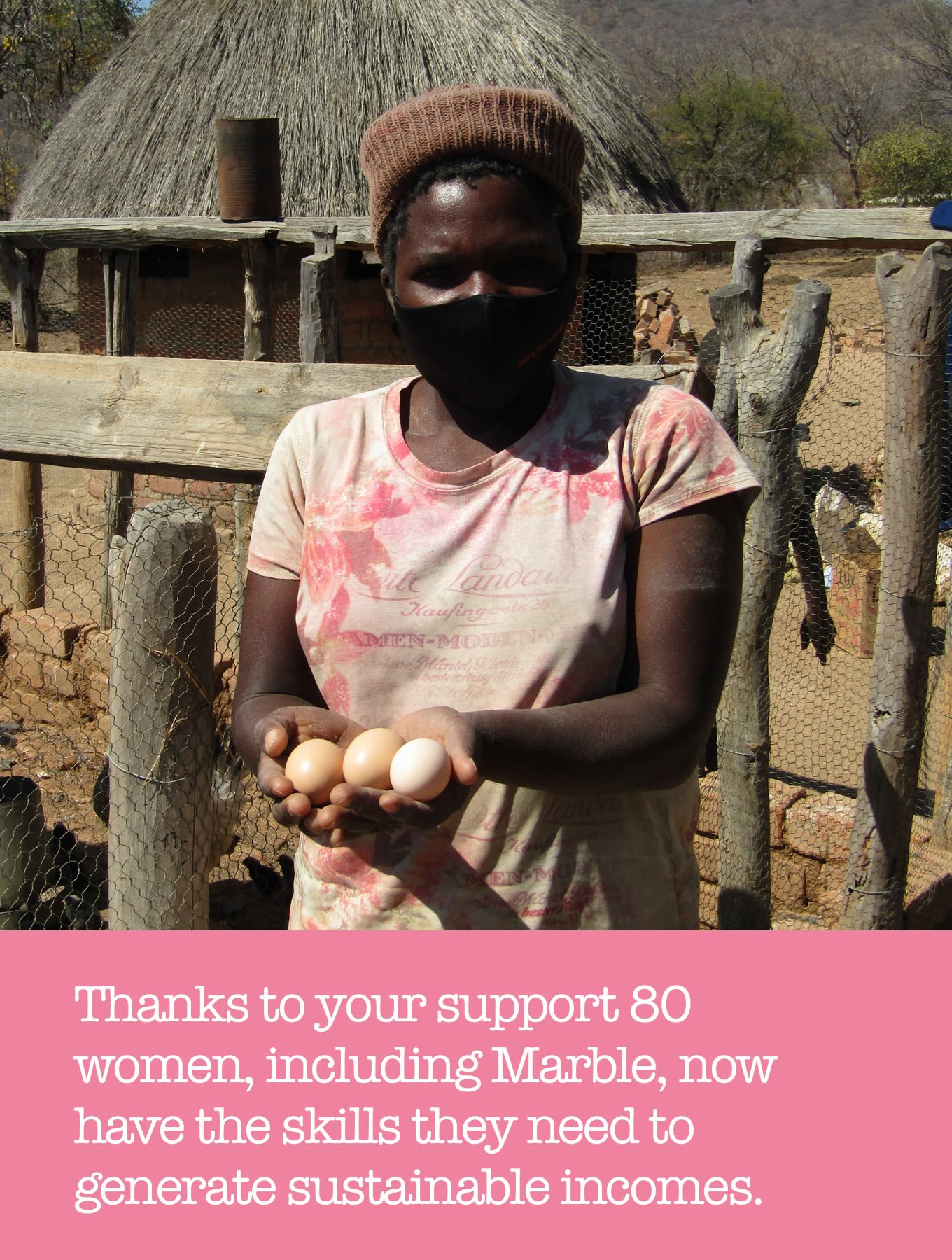
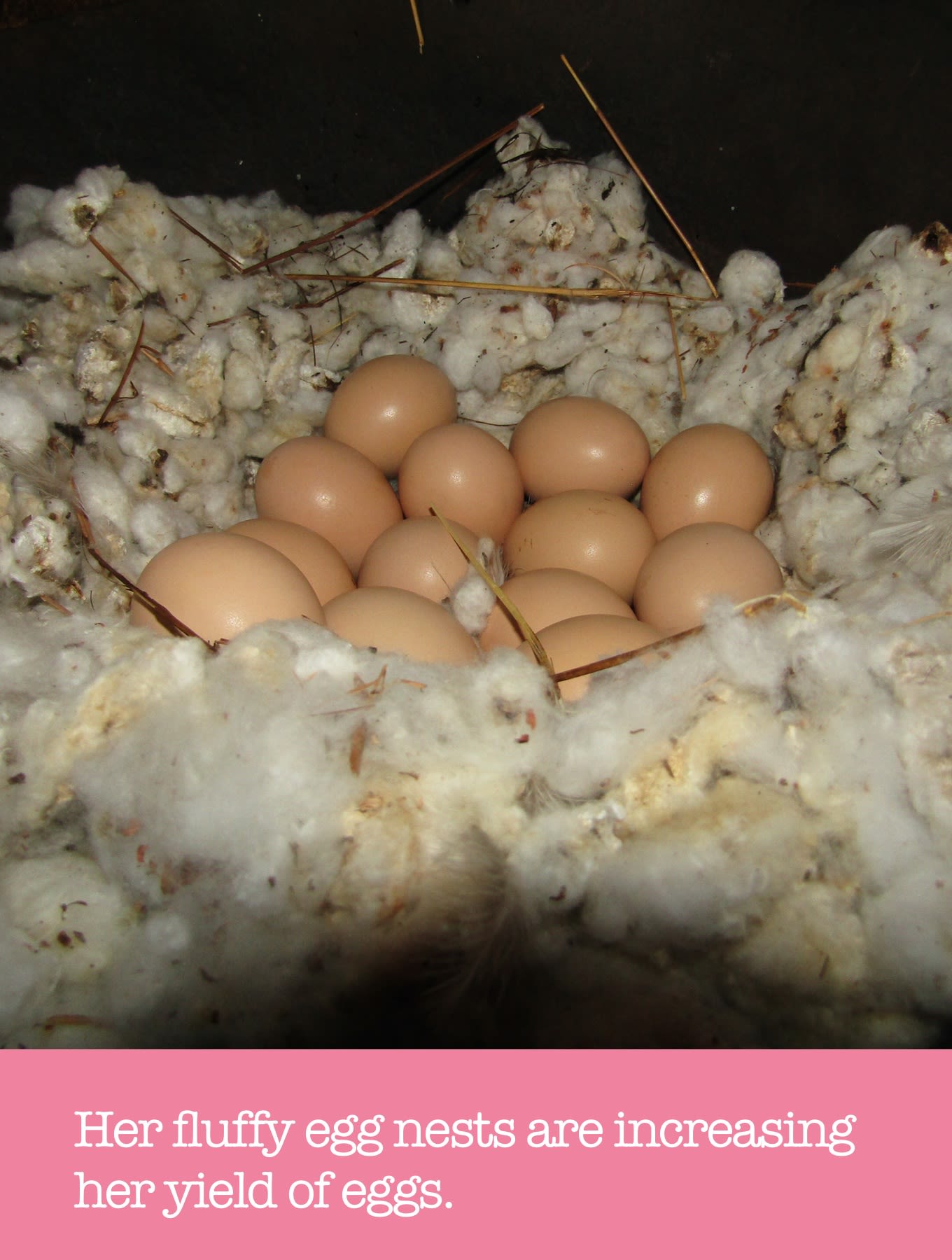
In Zimbabwe
Chicken farming is changing lives

"I was pleased to receive the training on rearing indigenous chickens," says Marble, a farmer from Zimbabwe.
"The use of on-farm inputs to rear chickens was very interesting and affordable. However, I realised it required some further investment and a bit of thinking outside of the box."

Marble is a member of her local women’s group and among 80 women from eight women’s groups who took part in a chicken rearing scheme, established to help members reduce malnutrition, increase incomes, and improve access to services like education and healthcare.
The decision to increase chicken rearing was taken because these small livestock are resilient to drought, they require very little food and the indigenous birds we introduced to the women are resistant to many major chicken diseases.
The scheme has been a huge success. Thanks to the training she received, Marble’s chickens are providing eggs in abundance - a sure sign the flock is healthy and happy, as Marble explains:
"After the chickens were delivered, I noticed that one sort was good at laying eggs but poor at sitting on them. I have other chickens that are good at sitting on and hatching eggs, so I decided to use the idea of fostering, taking the eggs from the poor sitters and giving them to the other hens.

"This fostering method, together with the fluffy lined laying crates I created, has worked really well and I now have around 83 chickens.
"To avoid spending a lot of money on food, ActionAid trainers have shown us that we can use seed left over from our crops and cheaply grown millet to feed the hens.
"I now have quite a bit of money tied up in the chickens with a mature chicken costing around $5 [£3.80]. I earn money from selling the chickens and eggs; it’s more than enough so I can buy food for my family and clothe and educate my children."
Thanks to your support, we were there to provide Marble and 80 other women with a viable way to earn an income.
Supporting women to develop new, sustainable skills to generate an income not only changes their lives, but the lives of their families and communities too.
Images: Michel Ndayambaje, Elvis Augustin, Mehret Belete, Burton Kamowa, ActionAid.

